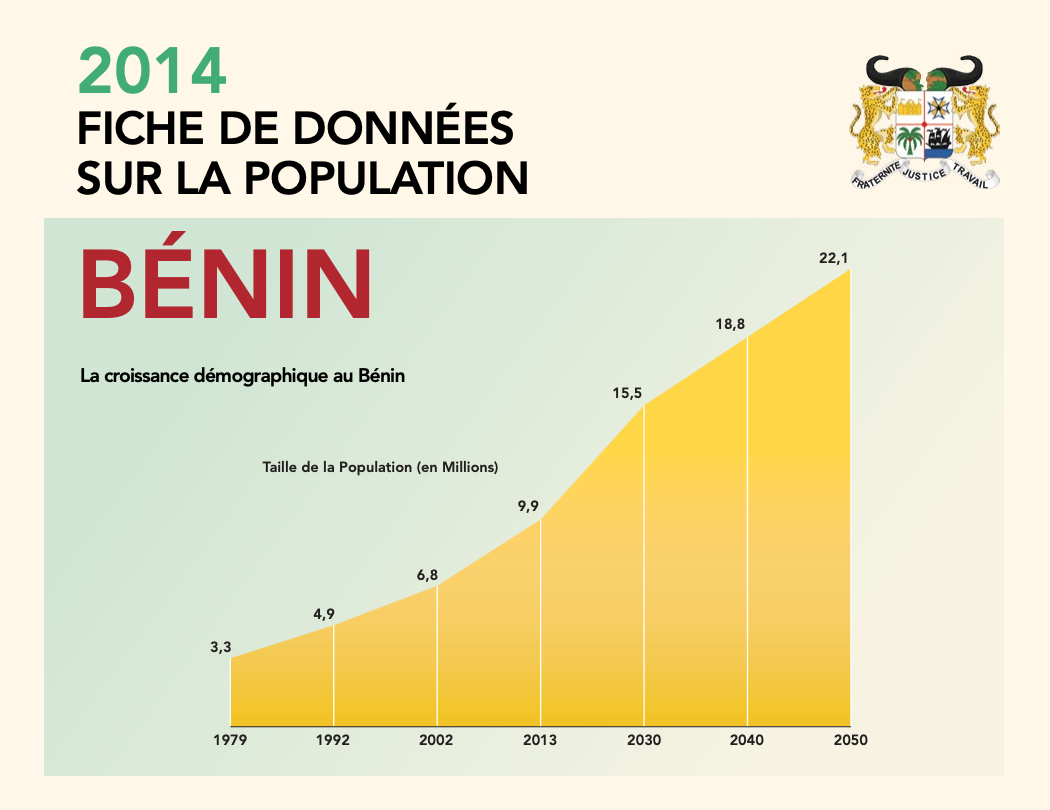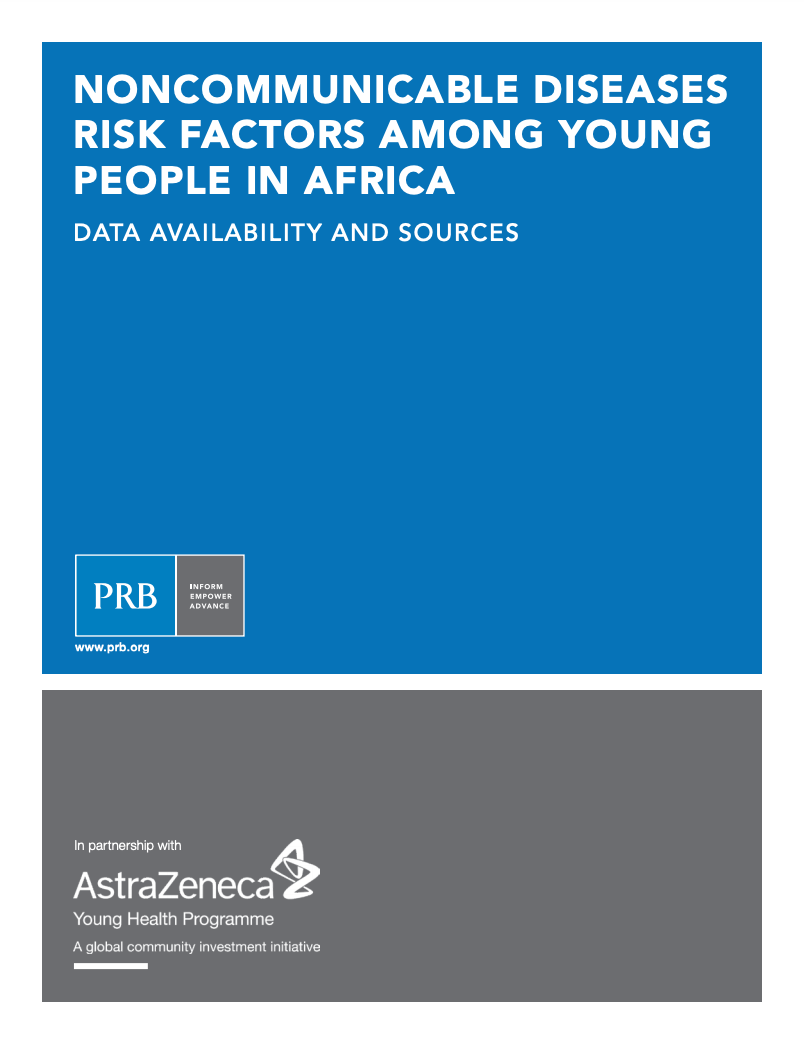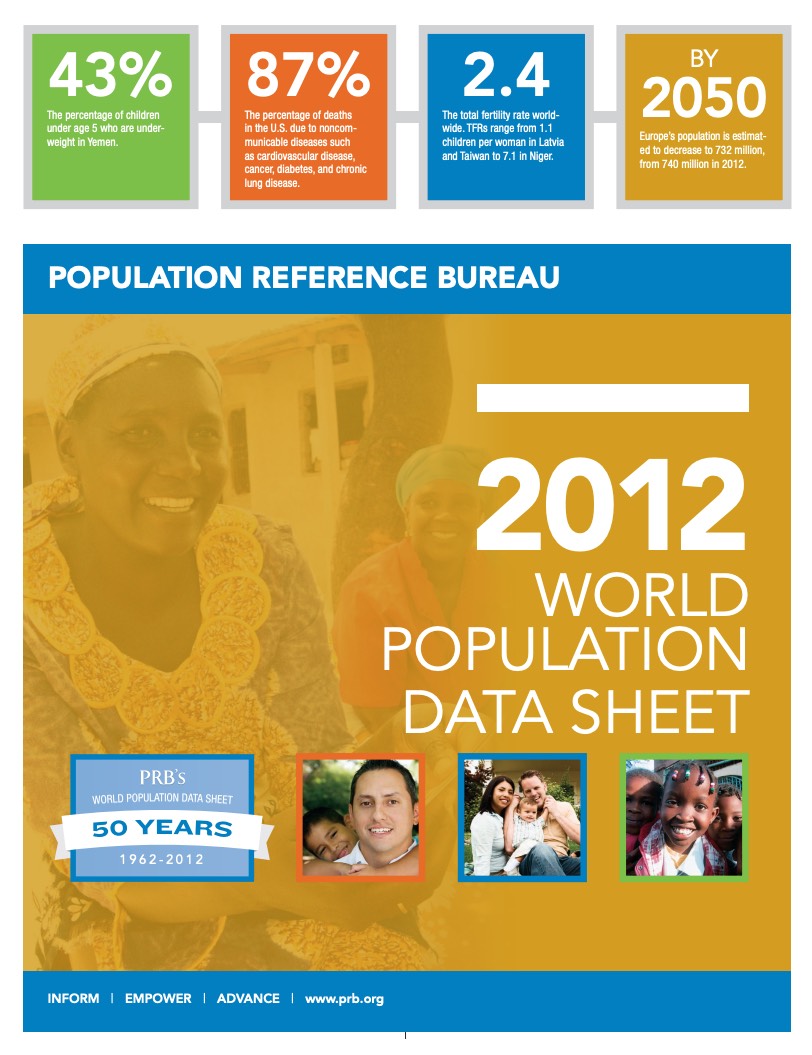Project: IDEA: Informing Decisionmakers to Act
167 Search Results Found For : "%EB%B6%80%EC%82%B0%EC%B6%9C%EC%9E%A5%EC%83%B5%E3%80%90Talk:Za31%E3%80%91%EC%8A%A4%EC%9C%84%ED%8A%B8%20%EC%B6%9C%EC%9E%A5%EB%A7%88%EC%82%AC%EC%A7%80%20%EC%88%98%EC%9B%90%EC%A0%84%EC%A7%80%EC%97%AD%2030%EB%B6%84%EB%82%B4%20%EB%B0%A9%EB%AC%B8"


Noncommunicable Diseases – Risk Factors Among Young People in Africa
Voucher Programs Encourage Quality Reproductive Health Services
Many women in developing countries, too poor to pay for the reproductive health services they need, use vouchers to defray the cost of care.

Project: Center for Public Information on Population Research (CPIPR)
Webinar: Where Is the Workforce? Understanding the U.S. Labor Shortage and Working Toward Solutions
PRB, the Critical Labor Coalition, and special guest former U.S. Secretary of Labor R. Alexander Acosta discuss the latest data behind the shrinking U.S. workforce and explore potential policy solutions.

2012 World Population Data Sheet (PDF)
Nearly all future population growth will be in the world's less developed countries, and the poorest of these countries will see the greatest percentage increase.

PRB Data Center Highlights Role of Youth in Combatting Noncommunicable Diseases
A global database on the prevalence of risk behaviors among youth for noncommunicable diseases (NCDs) highlights the need to focus on young people to tackle the growing NCD epidemic—especially in low- and middle-income countries.

How Demographic Changes Make Us More Vulnerable to Pandemics Like the Coronavirus
(2020) The world is better equipped to fight a pandemic today than it was in 1918, when influenza swept the globe and infected up to one-third of the world’s population.1 While science and medical advances have given us new advantages in fighting disease, some demographic trends since 1918 may increase the risk for spreading contagions and our vulnerability to viruses.

